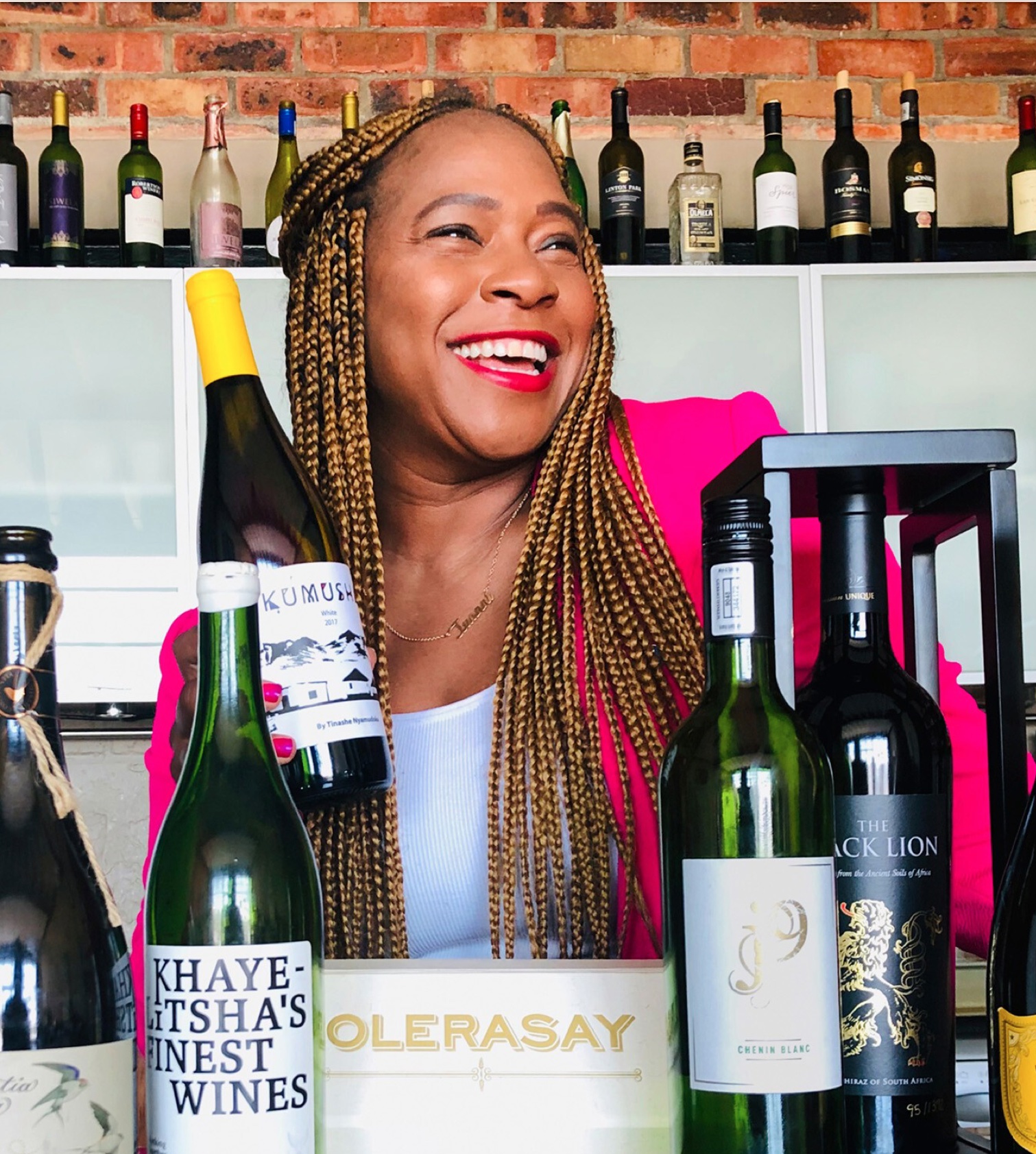Wine pairings don’t have to be Eurocentric
As seen in Travel & Leisure – Dec/Jan 2025
AS I SIPPED a crisp Chilean Sauvignon Blanc, I turned to sommelier Beverly Crandon and asked, “What would you pair with this?” She paused and answered, “Bake dumplings and callaloo,” referring to two Caribbean staples. Although both Crandon and I grew up in Toronto, our parents immigrated from Guyana and Jamaica, respectively. We clinked our glasses at the thought of drinking these wines with the food of our families.
The wine world has traditionally been an exclusive—and primarily white—community, and recommendations for pairings tend to include foods predominantly found in European kitchens. “I remember in wine school being told that I shouldn’t have Caribbean dishes in my tasting notes, because my proctor wouldn’t know what I was talking about,” Crandon told me. “We need to do better.” Last year, she founded the Spice Food & Wine Series, a biannual festival in Toronto that presents more than 30 vendors of Afro-Caribbean foods alongside a range of wines.
Crandon isn’t the only one changing the narrative around African and Caribbean food pairings. Aminah “Chef Mimi” Robinson-Briscoe is the founder of the Black Food & Wine Experience, in Oakland, California. Robinson-Briscoe grew up eating a mix of Caribbean, Latin American, South Asian, and soul food, but her training at the Culinary Arts Academy of San Francisco did not reflect that gastronomic experience. “When you go to a classical school, it’s all around French cuisine, very heavy in butter, salt, and pepper,” she says. “There weren’t any spices that I was used to.” Today, her festival hosts restaurants representative of the African diaspora, such as Gumbo Social, a seafood place in San Francisco, and Lita, a Latin-Caribbean restaurant in Walnut Creek, California. Black-owned wine labels like P Harrell Wines, in Sonoma County, also participate.
Another key voice in this space is Tuanni Price, of Zuri Wine Tours, based in both Los Angeles and Cape Town. In South Africa, Price leads trips to Black-owned vineyards in the Stellenbosch region, like Aslina Wines—owned by Ntsiki Biyela, who in 2004 became the country’s first Black female winemaker—and M’hudi, which is family-run. During tastings, Price includes dishes from South African restaurants, like Marco’s African Place and Hari Kitchen. “I want to normalize people of color being in the winelands, feeling welcomed,” she says. “Representation matters.”

